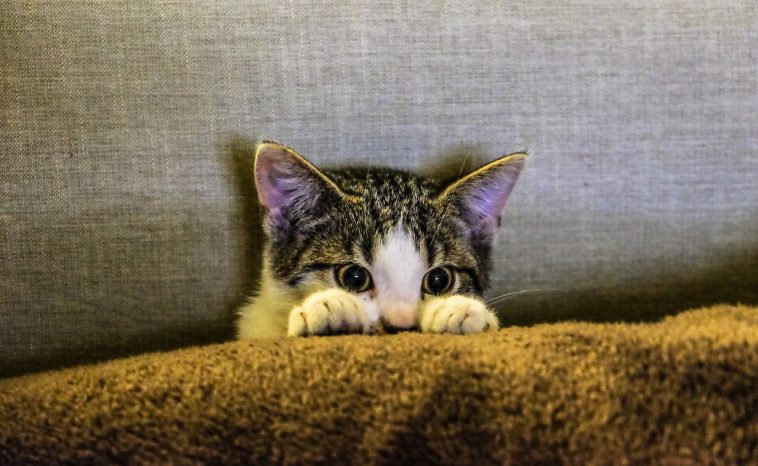Yes, cats are known to engage in self-stimulatory behaviors, including pleasuring themselves. This behavior is more commonly seen in intact (non-neutered) male cats due to the influence of the hormone testosterone. Neutering can significantly reduce such behaviors. Cats may engage in self-stimulatory behaviors for various reasons, including enjoyment, dominance display, or as a result of hormone-driven instincts.
Common Signs of Masturbation in Cats:
- Humping or mounting objects.
- Rubbing their genitals on items like bedding or blankets.
- Excessive licking of their genitals.
- Overgrooming.
- Excessive kneading.
- Purring.
- Drooling.
Potential Reasons for Cats Engaging in Self-Stimulatory Behaviors:
- Enjoyment: Cats, like humans, may engage in self-pleasuring because they find it pleasurable. If they have enjoyed it in the past, they may continue the behavior.
- Dominance Display: In some cases, mounting or humping can be a display of dominance, particularly in multi-cat households.
- Hormone-Driven Instincts: Testosterone, the male sex hormone, drives many sexual behaviors in cats. Neutering reduces these behaviors, but it can take some time for hormone levels to drop after neutering.
- Compulsive Behavior: In rare cases, sexual behaviors can become problematic and compulsive. Hypersexual behavior is characterized by excessive or obsessive sexual behaviors and can have various causes.
When to Be Concerned:
- Hypersexual Behavior: If a cat displays excessive sexual behaviors regularly, it may indicate a problem. This can be due to factors like inadequate neutering, medical conditions, or behavioral disorders.
- Stress: Cats are sensitive to their environment, and stress can lead to compulsive behaviors, including excessive self-stimulatory behaviors. Identifying and addressing the cause of stress is crucial.
- Health Problems: Hypersexual behavior can be linked to underlying medical issues, especially those affecting the brain. If concerned, consult a vet for a thorough examination and appropriate tests.
What to Do if Your Cat Engages in Excessive Self-Stimulatory Behaviors:
- Consult a Veterinarian: If you’re concerned about your cat’s behavior, especially if it’s excessive or compulsive, consult a vet to rule out any underlying medical issues.
- Consider Neutering: Neutering can be effective in reducing hormone-driven behaviors. It’s especially beneficial for preventing unwanted sexual behaviors.
- Behavioral Consultation: A qualified feline behaviorist can help address social or environmental issues that may be contributing to your cat’s behaviors. They may recommend changes in the environment, routine, or the use of calming supplements.
Remember, occasional self-stimulatory behaviors are generally normal, but if you notice a significant increase or compulsive behavior, seeking advice from a veterinarian or behaviorist is recommended.



